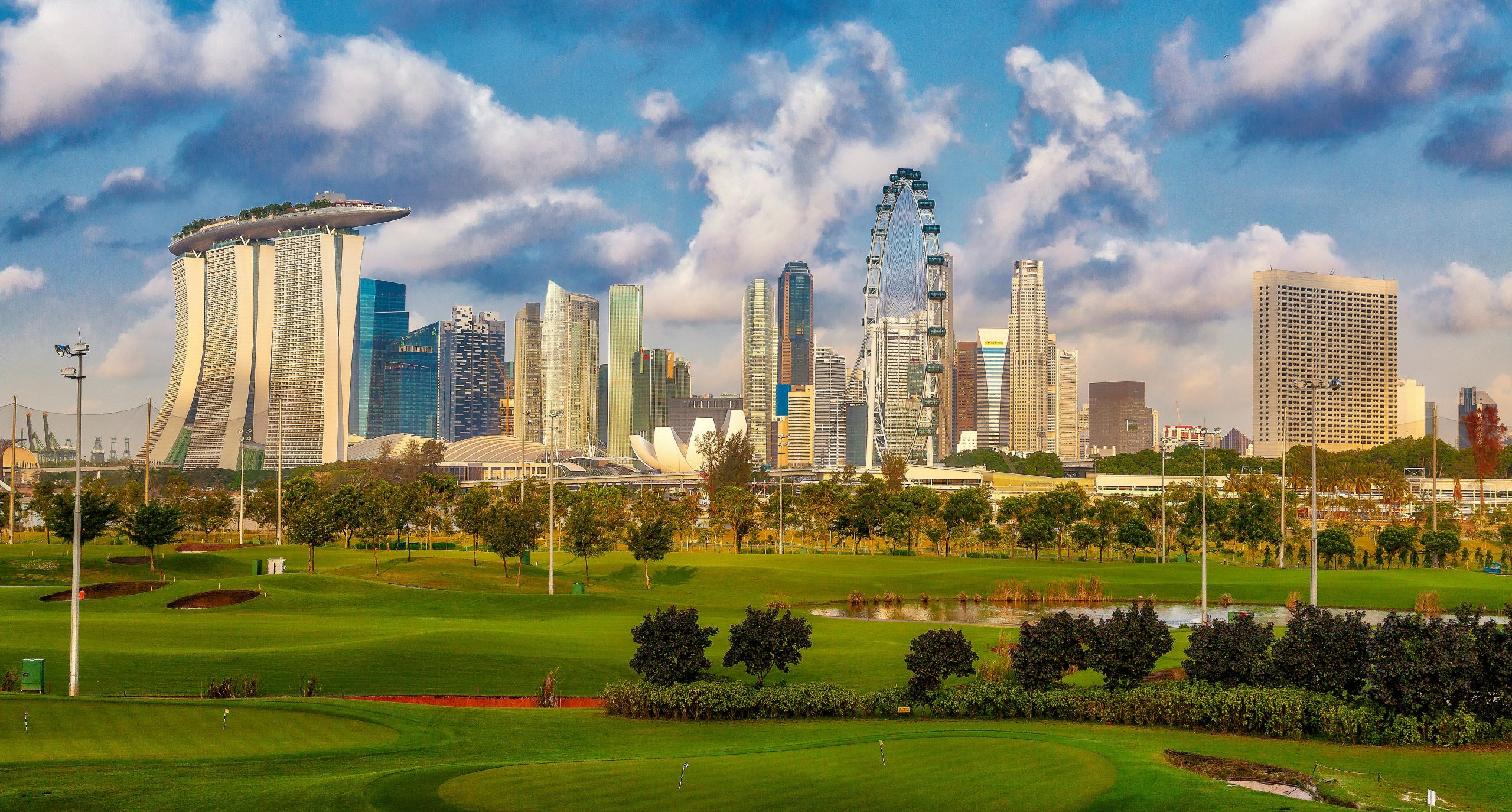- Adopting green equipment and practices in Singapore may pose initial challenges.
- Going green yields benefits such as reduced operational costs, increased market access, etc.
- The movement towards sustainability is a global trend that reflects a shift towards a better future.
- Businesses in Singapore should see going green as a strategic decision for long-term success and an inspiring example to others.
In an era where the environmental impact of human activity is under intense scrutiny, it’s not just government entities or environmental activists who are championing the green cause anymore. Across the globe, businesses are starting to realize that integrating sustainability into their operations is not only ethically responsible but also profitable in the long run.
Singapore, an economic powerhouse known for its innovation and efficiency, is at the forefront of this green transformation. Here, we explore the burgeoning trend of businesses in Singapore turning to eco-friendly equipment and the ripple effects of this move.
The Shift Towards Sustainability in Singapore

Environmental sustainability is more than a mere buzzword in Singapore—it’s a national imperative. With a limited land area and a population that continues to grow, Singapore faces unique challenges in ensuring that its economic progress is not at the expense of the environment.
The Singaporean government has, over the years, introduced a slew of initiatives to promote eco-friendly practices, making the city-state a beacon for sustainability in the region. The nation’s ’30 by 30‘ vision, aiming to produce 30% of its nutritional needs by 2030, serves as one of many examples of Singapore’s commitment to green governance, reinforcing businesses’ pivotal role in achieving these goals.
The Rise of Eco-Friendly Equipment in Business Operations
Singaporean businesses are taking note of these initiatives and actively seeking to integrate eco-friendly equipment and practices into their daily operations. Electric forklifts, solar panels, and sustainable packaging solutions are just a few examples of green technologies and innovations becoming the new norm within the Singaporean business. The adoption of these initiatives is mainly due to their numerous benefits, including reducing the carbon footprint, lowering operational costs, and enhancing brand reputation.
Electric Forklifts in Singapore
Electric forklifts in Singapore have surged in popularity for various reasons, with their adoption significantly contributing to Singapore’s sustainability goals. These forklifts not only emit zero on-site pollution, but they also offer quieter operation and smoother handling, which can, in turn, lead to less product breakage and downtime.
The long-term cost savings and the reduction in the environment-levied taxes further sweeten the deal for Singaporean businesses making the switch. Several prominent companies in the logistics and warehousing sectors have already reaped the benefits of electric forklifts, setting an example for others in their industry to follow suit.
Solar Panels and Renewable Energy Solutions

Singapore’s commitment to solar energy has catalyzed local businesses’ interest in implementing renewable energy solutions. With year-round sunshine, the potential for solar energy generation is significant. Businesses that have capitalized on this potential have not only seen a drastic reduction in their electricity bills but have also significantly mitigated their carbon footprint. The incentive structure provided by the government, including subsidies and tax benefits, makes the transition to renewable energy more financially feasible.
Sustainable Packaging Solutions
The landscape of consumer behavior and expectations is evolving, with a growing preference for brands prioritizing sustainability. Businesses in Singapore are acknowledging this shift and responding with innovative packaging solutions that minimize waste and are less damaging to the environment.
From biodegradable packaging materials to the implementation of reusable systems, the focus is on ensuring that the packaging lifecycle is aligned with sustainable practices. Companies have been quick to recognize that the implementation of such strategies not only reduces the ecological impact but also enhances consumer trust and loyalty.
Green Building Certifications and Practices
Green building certifications like the BCA Green Mark have gained prominence as businesses invest in designing and maintaining sustainable workspaces. These certifications validate a company’s commitment to environmental responsibility and contribute to creating healthier and more productive workplaces. By employing energy-efficient technologies and conducting business in eco-friendly facilities, companies in Singapore are leading by example and contributing to the larger goal of a greener city.
Challenges and Opportunities in Adopting Green Equipment
While the advantages of adopting eco-friendly equipment are clear, businesses do face several challenges in the transition process. Initial investment costs can be daunting, especially for smaller or mid-sized enterprises. Training staff to use new equipment or integrate new systems also requires time and resources. Yet, these challenges are not insurmountable. The growing availability of financial schemes and support from the government, coupled with the numerous public-private partnerships in sustainability, are creating a supportive environment for businesses to make the necessary shifts.
In the long term, the opportunities of going green far outweigh the initial hurdles. Businesses can expect a substantial return on their investment, with reduced operational costs through energy efficiency, and increased access to new markets as consumer preferences continue to skew towards sustainable products and services. Furthermore, taking the lead in sustainability can be a powerful driver for brand differentiation, customer retention, and corporate innovation.
Final Thoughts
The movement towards green equipment and practices in Singapore reflects a broader global shift towards a sustainable and prosperous future. For businesses in Singapore, this is not just about regulatory compliance—it’s a strategic decision that lays the groundwork for long-term success. By adopting eco-friendly technologies and practices, Singapore companies contribute to national environmental goals and set an inspiring example for their counterparts across the globe. It’s time for businesses to heed the call and lift the green standard for today and future generations.

